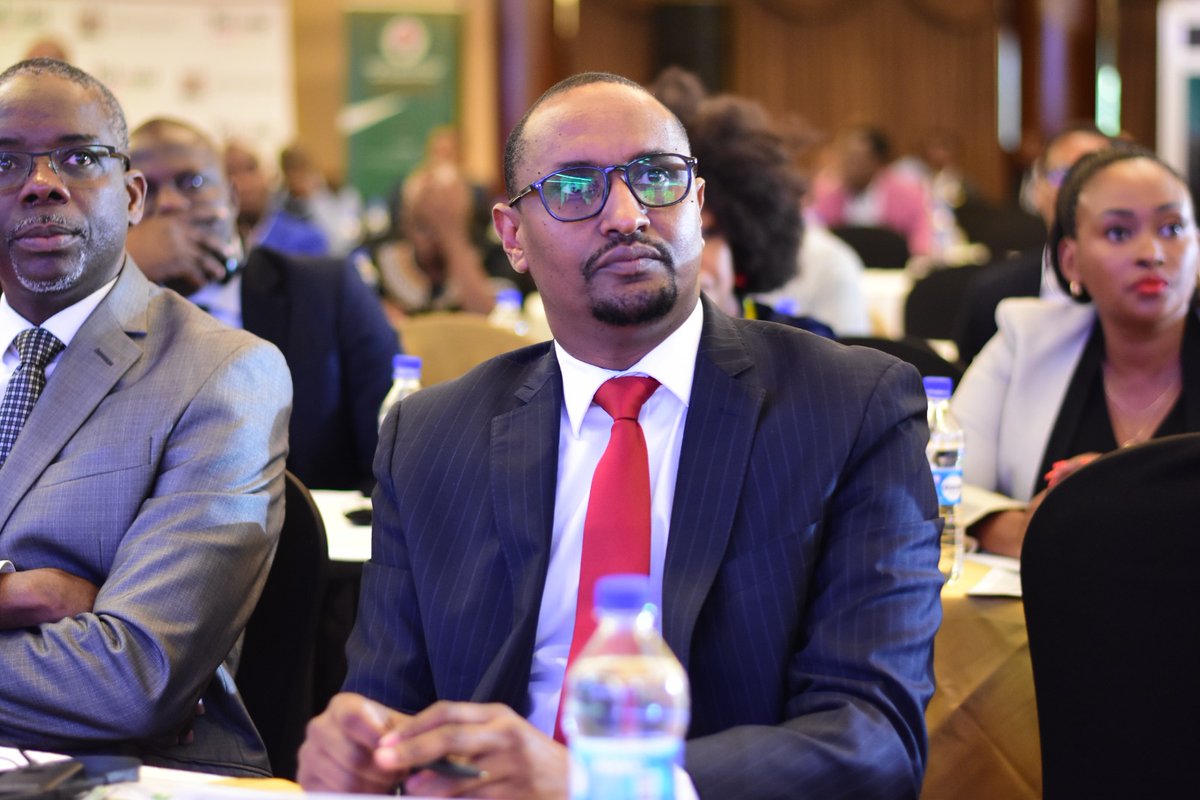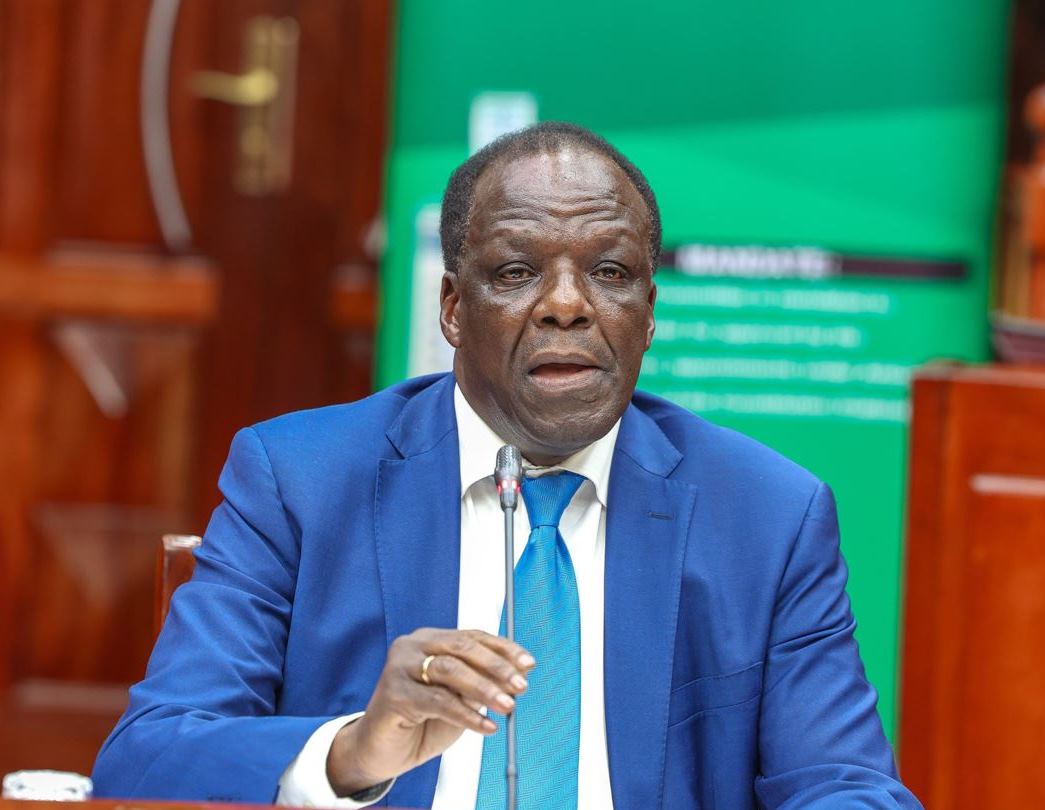By The Weekly Vision Team
The Principal Secretary for Youth Affairs, Ismail Maalim Madey, along with Dr Beatrice Inyangala, Principal Secretary in the State Department for Higher Education and Research, has reaffirmed the government’s commitment to transforming university education in Kenya. Their focus is on commercialising research and innovations emerging from higher learning institutions to drive wealth creation.
Speaking during a press briefing in Mombasa at the 2024 Commercialisation and Entrepreneurial Institutions Leaders’ (CEIL) Summit, themed “Youths, Jobs, and Wealth Creation,” PS Madey highlighted Kenya’s abundance of innovative talent. “Our goal is to harness these talents and turn them into viable income-generating opportunities for the innovators,” Madey stated. “Through the Kenya National Innovation Agency (KeNIA), we’ve been exploring the best ways to achieve this. Since most research and innovation are centred in universities, we’ve decided to collaborate with these institutions to commercialise their innovative ideas.”
Madey emphasised that the partnership between the youth affairs department, KeNIA, and higher learning institutions is designed to strengthen research efforts within universities, catalysing a significant transformation in Kenya’s research, industry, and innovation ecosystem.
Dr. Tony Omwansa, CEO of KeNIA, added that the agency has been studying global funding models for innovation and is now integrating these strategies locally. He noted that diversifying funding sources, beyond relying solely on government allocations, is crucial to addressing the challenge of limited financial resources.
“We’ve deliberately involved the private sector in this forum because they can provide essential funding, and they’ve already agreed to do so. Additionally, you’ll see a number of donors, both Kenyan and international, participating in this forum. We’re building a network of donors to support innovation,” Omwansa explained.
He also revealed that Sh 78 million has already been generated by innovators supported through KeNIA’s programs, with the funds coming from investors rather than universities. “When an innovator creates a scalable solution with potential returns, investors see it as an opportunity to generate future revenue by injecting resources,” he said, adding that KeNIA is now focused on building the capacity of institutions to be more proactive in mobilising resources.





